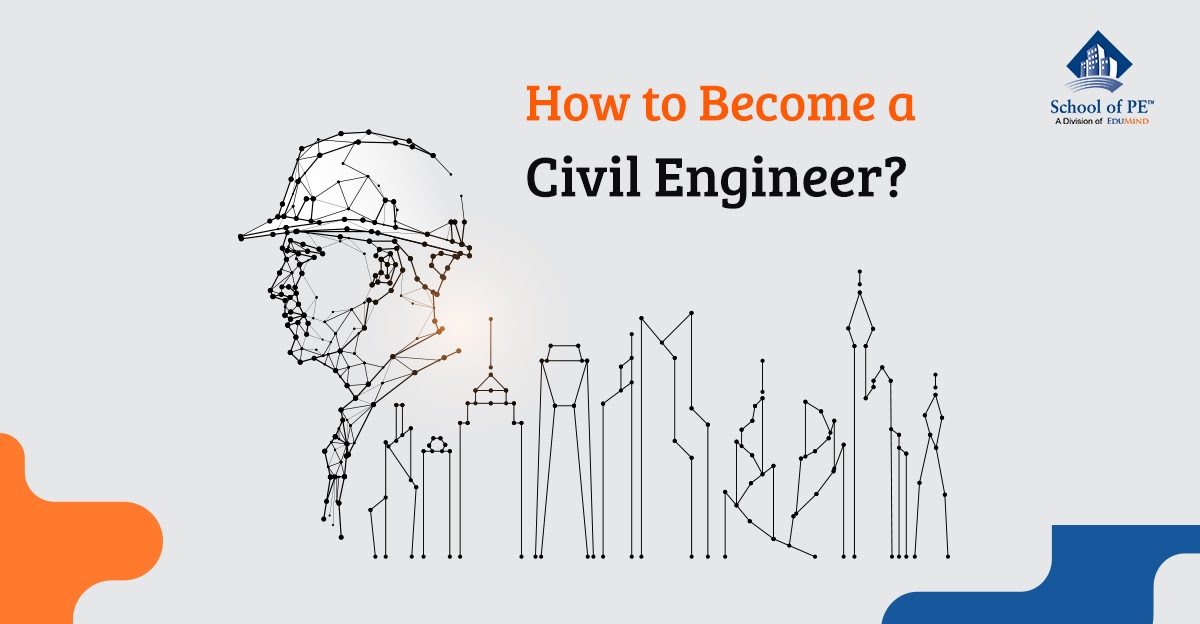Civil Engineering is a time-honored and noble profession. We solve problems in the built environment in order to make the world a better place to live. Becoming a Civil Engineer is not an easy task. It requires years of hard work, discipline, and motivation.
Civil Engineers are most commonly defined as people who have earned at least a bachelor's degree in Civil Engineering and have passed the FE exam or earned their PE license. Those that have passed the FE but have not earned a PE license are often titled Engineering Intern (EI) or Engineer-in-Training (EIT).
A bachelor's degree in Civil Engineering is not an easy degree to obtain. Advanced college courses in math, physics and chemistry are required, and those are the courses outside of engineering! Students will take courses in material mechanics (how materials behave under different circumstances), hydraulics and hydrology (how water behaves both in closed and open systems), statics and dynamics (the physics of objects at rest and in motion), as well as courses in other engineering disciplines like electrical engineering and mechanical engineering.
Typically, a student will spend many nights and weekends studying outside of class. It is not uncommon for students to need to retake some of the more challenging courses, or to extend the time in school to 5 or 6 years for a bachelor's degree. Advanced degrees involve more challenging courses as well as research. Often students spend their time outside of school as engineering interns (both public and private sector). While this takes up time which could be used for studying, it gives the interns valuable experience learning the profession. Interns also have an advantage after graduation in finding their first engineering job, as they have spent months or years networking in the industry.

Months before graduation, students begin to look for positions as entry level engineers. Students will start these jobs after graduation and most often after passing the FE exam. The jobs are entry level and are often a small step above the work they did as engineering interns. They may be working on teams developing designs or performing construction inspection duties. It is a crucial time where engineers develop the skills needed for Civil Engineering. As it turns out, what you learn in school sets the framework for your profession, but the place where you really learn how to be an engineer is in your profession.
Earning a PE license is often considered the most significant milestone in an engineering career. To qualify, you need a minimum amount of experience as an engineer, and you need to pass the PE exam. Your education doesn't stop after school or even after earning your PE license. Many states require continuing education to maintain and renew a PE license. Even if not required for a license, being a good Civil Engineer involves lifelong learning. New regulations, safety studies, construction techniques, etc. are constantly being developed. Responsible and successful engineers need to constantly keep themselves apprised of this new information.
Becoming a Civil Engineer is not easy, and it is not quick, but for those who desire to improve the world through technical problem solving it is definitely worth it.
No comments :
Post a Comment